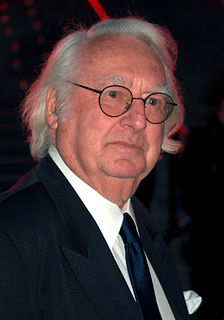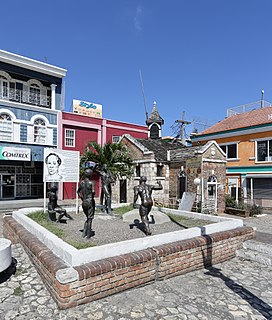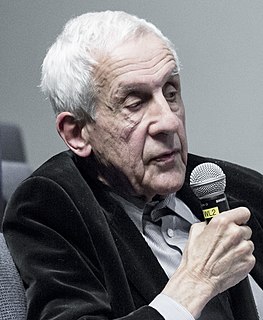A Quote by Richard Meier
Rome has not seen a modern building in more than half a century. It is a city frozen in time.
Quote Topics
Related Quotes
Since the building of Constantinople, and the removal of the seat of government to that city, no political quarrel separated Rome from Egypt. Pagan Rome, ever since the union of the two countries under Augustus, except when interrupted by the rebellions, had been eagerly copying the superstitions of Egypt, and Christian Rome still followed the same course.
The different American experience of the 20th Century is crucial because the lesson of the century for Europe, which essentially is that the human condition is tragic, led it to have a build a welfare system and a set of laws and social arrangements that are more prophylactic than idealistic. It's not about building perfect futures; it's about preventing terrible pasts. I think that is something that Europeans in the second half of the 20th century knew in their bones and Americans never did, and it's one of the big differences between the two Western cultures.
There were never a lot of attacks on my work. We were building more parks than were ever built in the city, building more recreation centers, fixing more streets. We had national events, the Super Bowl, the (Major League Baseball) All-Star game, Final Four. We built seven hotels. The city hadn't built a hotel in 20 or more years.
He recognized her despite the uproar, through his tears of unrepeatable sorrow at dying without her, and he looked at her for the last and final time with eyes more luminous, more grief-stricken, more grateful than she had ever seen them in half a century of a shared life, and he managed to say to her with his last breath: “Only God knows how much I loved you
The tall building, concentrating man in one place more densely than ever before, similarly concentrates the dilemma of our public architecture at the end of the twentieth century: whether the new forms made possible by technology are doomed by the low calculations of modern patrons and their architects.
NATO was formed post-World War II. We're a little bit more than a half-century old. Do we want NATO to go on for another half-century? I think that the answer is, sitting here today: I don't know. If I had to bet on it, I would say, yeah, we have to have these alliances going forward and see who's going to pay for them.
Film is more than the twentieth-century art. It's another part of the twentieth-century mind. It's the world seen from inside. We've come to a certain point in the history of film. If a thing can be filmed, the film is implied in the thing itself. This is where we are. The twentieth century is on film. You have to ask yourself if there's anything about us more important than the fact that we're constantly on film, constantly watching ourselves.








































